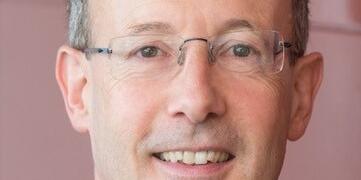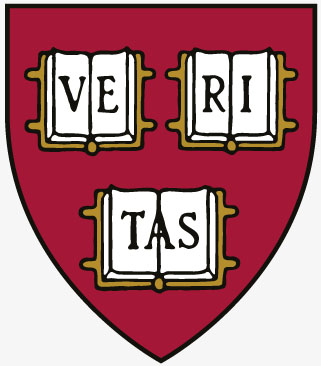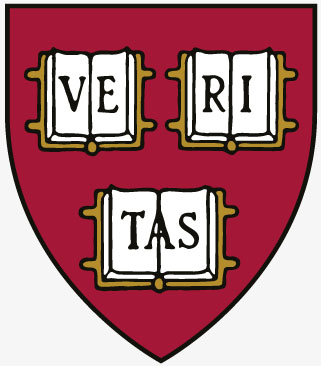The WELLEM at Hyatt Hotel Düsseldorf, Mühlenstraße 34

Leaders Talking @ Harvard Club: "The Global Ocean; Marine Protection and Economic Opportunity?!" Dinner with presentation by Torsten Thiele, Founder and CEO of Global Ocean Trust
Event includes a dinner and drinks to be paid with registration. Invitations to members and guests will be sent in due time. If you want to participate, please send an email to info@rhein-ruhr.harvard-club.de
According to Torsten Thiele HSK MPA2 ´87, ocean sustainability may be the defining challenge of our time. “Human survival and wellness” are inextricable from the health of the ocean, he says. “Over 95% of life takes place underwater. Our total earth system is reliant on it.”The ocean is a powerful climate regulator, buffering much of the negative impact of climate change. It generates more than half of the world’s oxygen, absorbs the most carbon and excess heat, regulates temperature, produces rain and wind, and is a rich source of new medicines. But marine areas today face unprecedented threats from overfishing, acidification, pollution (there will be more plastic than fish in the ocean by 2050), deoxygenation, and climate change—all of which has led to sometimes irreparable habitat and biodiversity loss. Amplifying the problem is a lack of regulations and monitoring in waters outside national jurisdiction—a governance issue the United Nations is currently working to resolve. Despite the challenges facing the ocean, Thiele is optimistic: “If we engage carefully right now, we can shift the trajectory.” Several irreversible tipping points, such as the melting of the polar ice caps, have already been passed, but we can prevent others from following suit and chart a different course—if we act now. “We can’t leave this to the next generation,” Thiele says. There is no time.
Since 2014, Thiele has been advancing ocean-conservation solutions, particularly in ocean finance, through his nonprofit Global Ocean Trust, which aims to provide cross-sector perspectives and design innovative solutions to ocean challenges. Leveraging more than two decades in the finance industry, he pioneered the concept of a “global ocean bank for sustainability and development”—an esoteric idea that is gaining traction in the movement for a sustainable ocean economy. The bank would support efforts to restore and protect marine ecosystems, helping to harness the potential of the ocean to solve global sustainability issues such as climate change, food security, biodiversity, and uneven economic development.
Thiele has become a leading figure in ocean finance, serving as an advisor to numerous coalitions and task forces, including the High Seas Alliance (an ocean governance group), the Deep Ocean Stewardship Initiative (a marine research group), and the Ocean Risk and Resilience Action Alliance (a cross-sector group of financial institutions and NGOs focused on protecting small island states). Once a novelty, “blue finance” is now a standard part of discussions about marine sustainability. It encompasses a growing range of funding vehicles, often blending public and private investment. Blue bonds, for instance, may package together several loans to pay for projects that protect marine health, such as sustainable coastal tourism, sustainable fishing, aquaculture, and marine renewable energy (offshore wind and floating solar panels).
For Thiele, creating effective public-private partnerships is crucial. Achieving a sustainable ocean economy is a trillion-dollar problem that will require significant private-sector investment to supplement taxpayer funds.
“Reconciling conservation with profit is not just possible but necessary,” Thiele said in a recent podcast. “It’s even more necessary for the financial folks, because they need to reconcile their investments with their long-term impact on the planet.”


